Correction does much, but encouragement does more
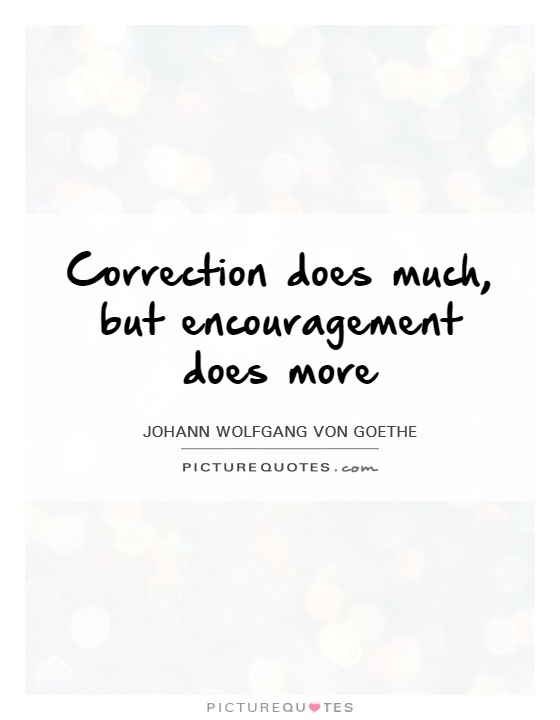
Correction does much, but encouragement does more
Johann Wolfgang von Goethe, the renowned German writer, poet, and philosopher, understood the power of both correction and encouragement in shaping individuals and their actions. His belief that "Correction does much, but encouragement does more" reflects his understanding of human nature and the importance of positive reinforcement in fostering growth and development.In his works, Goethe often explored the complexities of human relationships and the impact of words and actions on individuals. He recognized that correction, while necessary at times, can be harsh and demoralizing if not accompanied by encouragement. By pointing out mistakes and offering guidance on how to improve, correction can help individuals learn from their errors and make positive changes. However, without the support and encouragement to keep trying and to believe in their abilities, individuals may become discouraged and lose motivation.
Encouragement, on the other hand, has the power to uplift and inspire individuals to reach their full potential. By recognizing and praising their efforts and achievements, encouragement can boost self-confidence and foster a positive mindset. Goethe understood that words of encouragement have the ability to motivate individuals to overcome challenges and persevere in the face of adversity. By instilling a sense of belief in themselves and their abilities, encouragement can empower individuals to strive for excellence and achieve their goals.



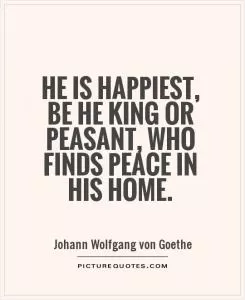

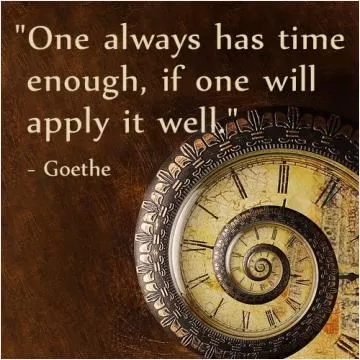
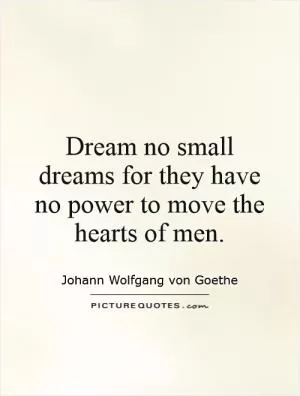

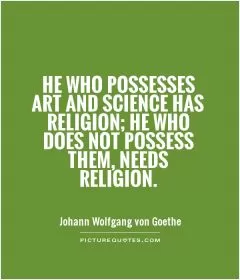

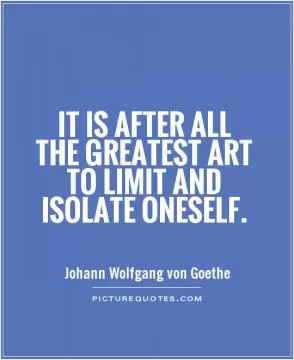
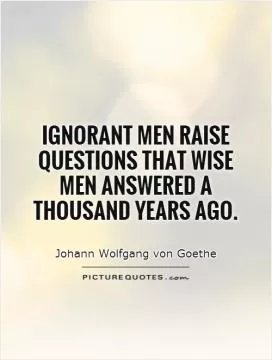
 Friendship Quotes
Friendship Quotes Love Quotes
Love Quotes Life Quotes
Life Quotes Funny Quotes
Funny Quotes Motivational Quotes
Motivational Quotes Inspirational Quotes
Inspirational Quotes